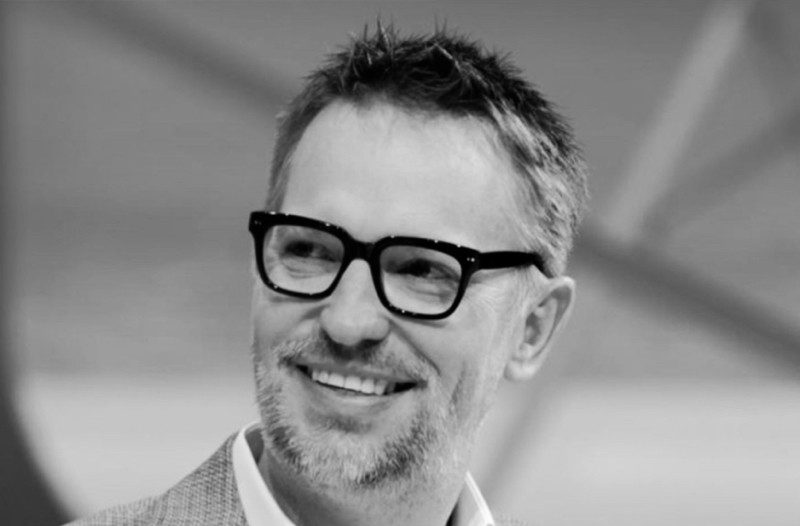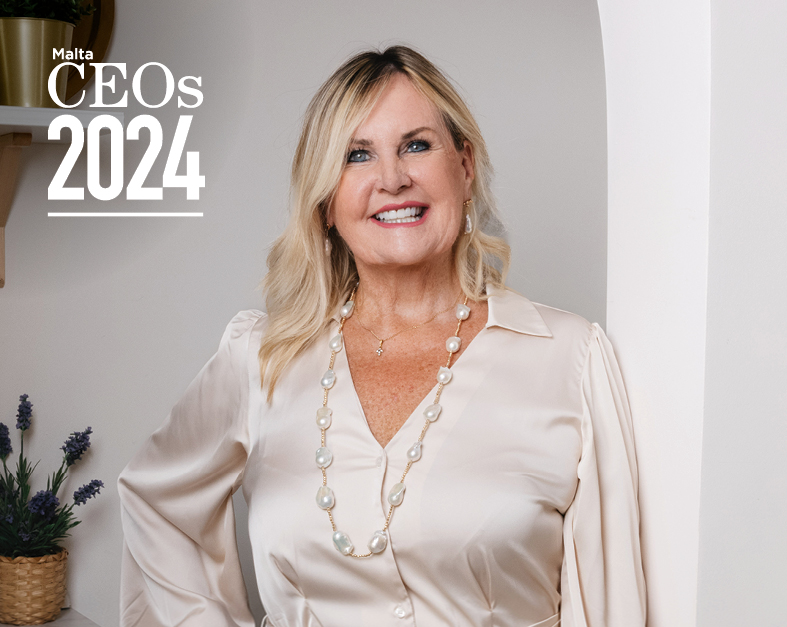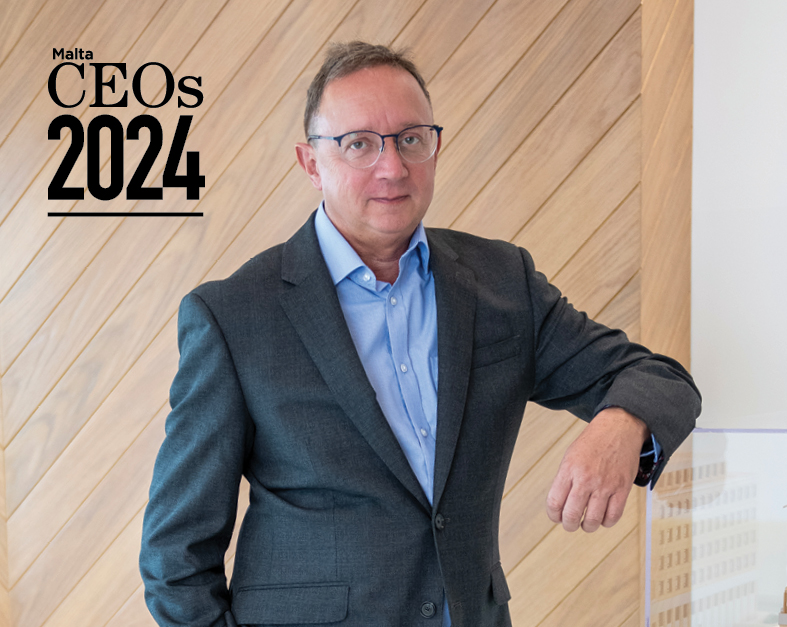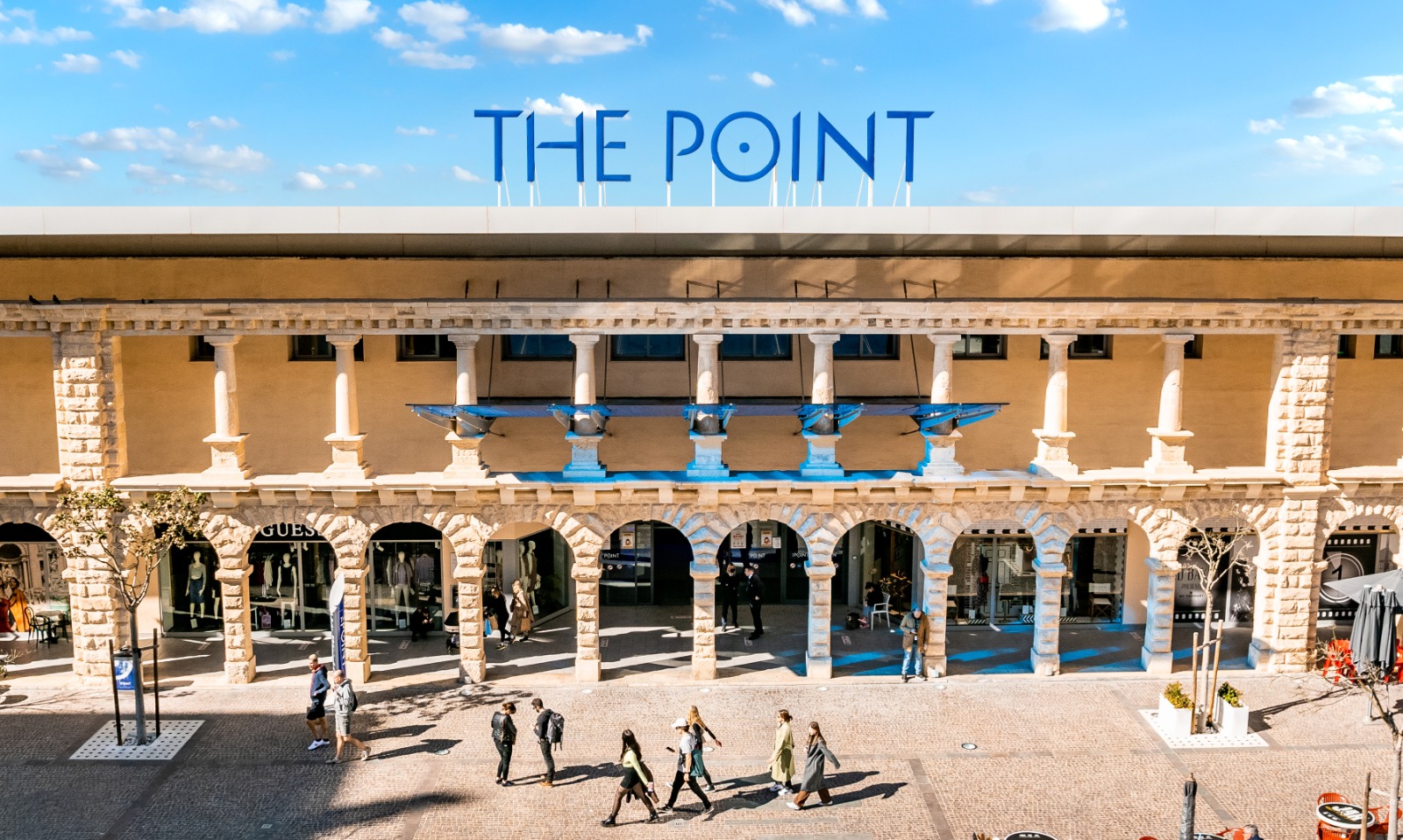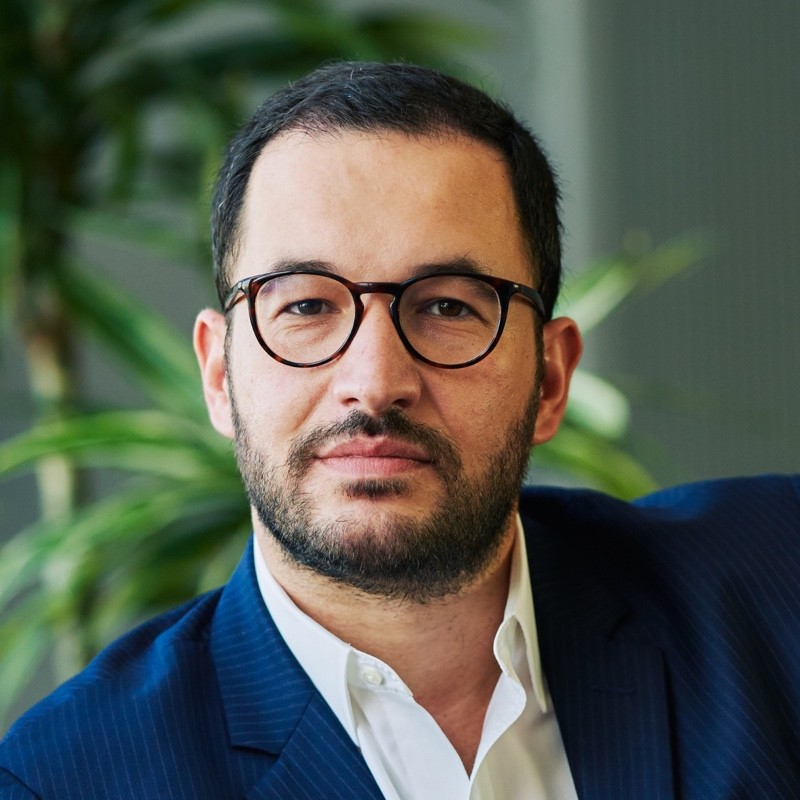Ryan Roslansky, CEO at social media platform LinkedIn has emphasised that people need to change their perceptions about jobs, seeing them as sets of tasks rather titles.
His comments came during a recent episode of Fortune’s Leadership Next podcast, hosted by Alan Murray and Michal Lev-Ram. During the podcast, released on Wednesday, a number of key topics were covered, such as how LinkedIn is incorporating artificial intelligence (AI) into its operations and services, as well as how people should think about jobs in the future.
At one point during the podcast, he is questioned about the ongoing debate on whether AI will eliminate jobs, or conversely, create even more.
While LinkedIn has plenty of data on job trends, Mr Roslansky said that it is difficult to predict the future, with many CEOs and business leaders asking the same question.
Local AI experts have stated that AI and emerging technologies are set to revolutionise the job market. This is particularly the case for low-skilled jobs, which would become automated, while the demand for high-skilled workers who can manage such automated systems will increase.
“My best advice is ironically, something that we’ve been talking about for a while in terms of how we create a much more equitable and efficient labour market across LinkedIn which is: it’s really important for people to change the way they think about jobs,” Mr Roslansky said.
He added that historically, jobs have been thought of as a “title,” yet fundamentally, it is important to shift this perspective and see them as “sets of tasks.” Once one gets a grasp of this, they can then take the next step to understand “where technology can help either augment or make certain tasks more efficient, or certain tasks are going to be just completely automated.”
“Then you start to realise that: Oh, you know what? Like if your job is just a set of tasks that is going to be automated, you need to start looking for a new job,” he continued.
He remarked that the majority of jobs in the world are ones where a specific portion of the tasks involved will end up being automated, and therefore individuals need to learn how to leverage those tools in a way to help them. However, Mr Roslansky clarified that “a lot of human skills” are still needed for the majority of jobs.
As a result, he said that people need to acknowledge that there is a greater convergence between technology and people. “There’s this overlap between what’s historically been a talent or technology, we’re seeing those things blend together much more right now,” Mr Roslansky reaffirmed.
When asked what skills are needed in order for an individual to survive in this rapidly changing business environment, Mr Roslansky said that there now needs to be a greater focus on people skills such as communication, collaboration and creativity. He stated that while in the past, individuals entering the workforce would be building themselves up for stability, nowadays it is more of a case of “building for agility” and “being able to adapt.”
This has prompted degrees and qualifications to take on a different meaning. While in the past, getting a formal education would have been seen as the standard path towards building a career, things are not as straightforward nowadays, particularly since a number of other skills and qualities can be achieved in different ways. This has led to employers assessing whether they want to prioritise education or experience throughout the recruitment process.
Commenting on this, Mr Roslansky said that degrees are still important as they contain the set of skills that are “really important and necessary to be productive in society.” However, the recruitment process has to go beyond that. He said that if recruiters simply focus on degrees, they will have a limited group of talent since everyone is doing the same search, prompting an inefficient labour market. Additionally, degrees alone are often not enough of a signal for what needs to be done on the job.
“So we’ve been pushing a lot on skills are the currency, the actual skills that need to be done. And it falls in line really well with this idea of the future about looking at jobs, the set of tasks, as opposed to just the job title itself,” Mr Roslansky stressed.
Featured Image:
LinkedIn CEO Ryan Roslansky / LinkedIn
Tigné Mall reports strong performance and continued growth in 2023
Chairperson Joseph Zammit Tabona believes the company’s 2023 performance underscores its ‘resilience, adaptability and strategic vision.’
‘We will continue to navigate the challenges that commercial real estate currently faces’ – Hili Properties MD
The company registered a 23% year-on-year increase in revenue for the year ending December 2023.
’20 years of very hard work’: MD Patrick Fenech reflects on Malta School of Flying’s 20th anniversary
One of Patrick Fenech’s great satisfactions over the years is boarding flights piloted by former students.
The Point Urban Oasis: A community green space in Tigne Point
Featuring approximately 1,500 carefully selected plants, in an area spanning about 200 square metres, the Urban Oasis offers a rich ...


